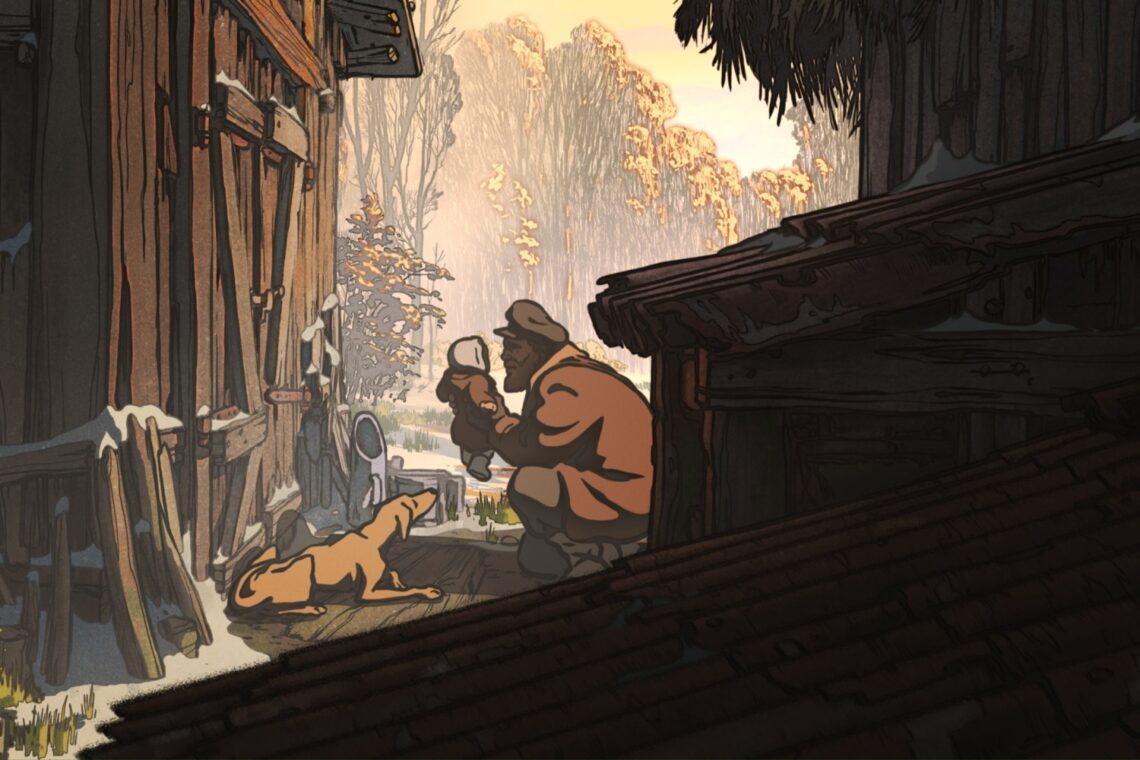Michel Hazanavicius speaks out against rising antisemitism in France
A director’s poignant reflection
Michel Hazanavicius, the acclaimed director known for his Oscar-winning film “The Artist,” has recently voiced his concerns about the increasing antisemitism in France. His latest animated film, “The Most Precious of Cargoes,” which competed at this year’s Cannes Film Festival, has sparked controversy due to its portrayal of Auschwitz victims. In a heartfelt op-ed, Hazanavicius, who is of Jewish descent and the son of Holocaust survivors, delves into the troubling rise of antisemitic sentiments.
Questioning societal attitudes
In his op-ed, Hazanavicius poses a series of rhetorical questions that reflect his deep unease: “Why do I have the impression that more and more people have an issue with the simple fact of addressing the genocide against Jews?” He further questions why, as a member of a minority that has endured significant tragedies, he feels increasingly perceived as part of a dominant and oppressive group. His reflections highlight a disturbing shift in societal attitudes towards Jewish people.
The filmmaker’s broader concerns
Hazanavicius, who previously explored the 1999 war in Chechnya in his film “The Search,” expresses his frustration with the diminishing concern for antisemitism, especially in the context of the ongoing conflict in Gaza. He criticizes the tendency to conflate the actions of the Israeli government with the Jewish people as a whole, noting that this often leads to unjust generalizations and increased hostility.
The burden of representation
The director also addresses the expectation placed upon him to comment on the Israel-Palestine conflict simply because of his Jewish heritage. He argues that in a “normal world,” the response to tragedies like the Hamas attack on October 7 should be one of empathy rather than violence. Hazanavicius laments the lack of shared sorrow and the frequent need to justify the suffering of Jewish people.
A personal connection to history
In an interview earlier this year, Hazanavicius shared that his grandparents narrowly escaped deportation to Auschwitz, unlike many of their family and friends. This personal history deeply influenced his approach to “The Most Precious of Cargoes,” a film he aimed to make anything but preachy. Despite his intentions, the film faced criticism for its depiction of the Holocaust, particularly a scene illustrating the horrors of the death camps.
The story behind “The Most Precious of Cargoes”
Scored by the Oscar-winning composer Alexandre Desplat, “The Most Precious of Cargoes” intertwines the fate of a Jewish family deported to Auschwitz with that of a poor, childless woodcutter couple in a Polish forest. The narrative follows a young father who, in a desperate attempt to save his child, throws one of his twins off a train bound for the death camp. The baby is discovered by a lonely woodcutter woman, who decides to take her in despite her husband’s initial reluctance. The story unfolds as the couple grows to love the child, ultimately making significant sacrifices to protect her.
For more details, you can watch the trailer for The Most Precious of Cargoes.
A daunting yet beautiful project
Hazanavicius admitted his initial hesitation to tackle a project centered on the Holocaust, describing it as a daunting subject. However, he was ultimately drawn to the story’s immense beauty and timelessness. “The Most Precious of Cargoes” is set to be distributed in France on November 20 by Studiocanal, produced by Patrick Sobelman and Robert Guédiguian at France’s Ex Nihilo, along with Florence Gastaud and Hazanavicius at Les Compagnons de Cinéma. The voice cast features iconic French actor Jean-Louis Trintignant, alongside Gregory Gadebois and Dominique Blanc.
Reflecting on the power of cinema
Hazanavicius’s reflections and his latest film underscore the power of cinema to address complex and painful historical events. His work invites audiences to confront uncomfortable truths and fosters a deeper understanding of the human experience. As we navigate a world where antisemitism and other forms of hatred persist, films like “The Most Precious of Cargoes” serve as poignant reminders of the importance of empathy, remembrance, and the enduring fight against prejudice.

 Italian
Italian







